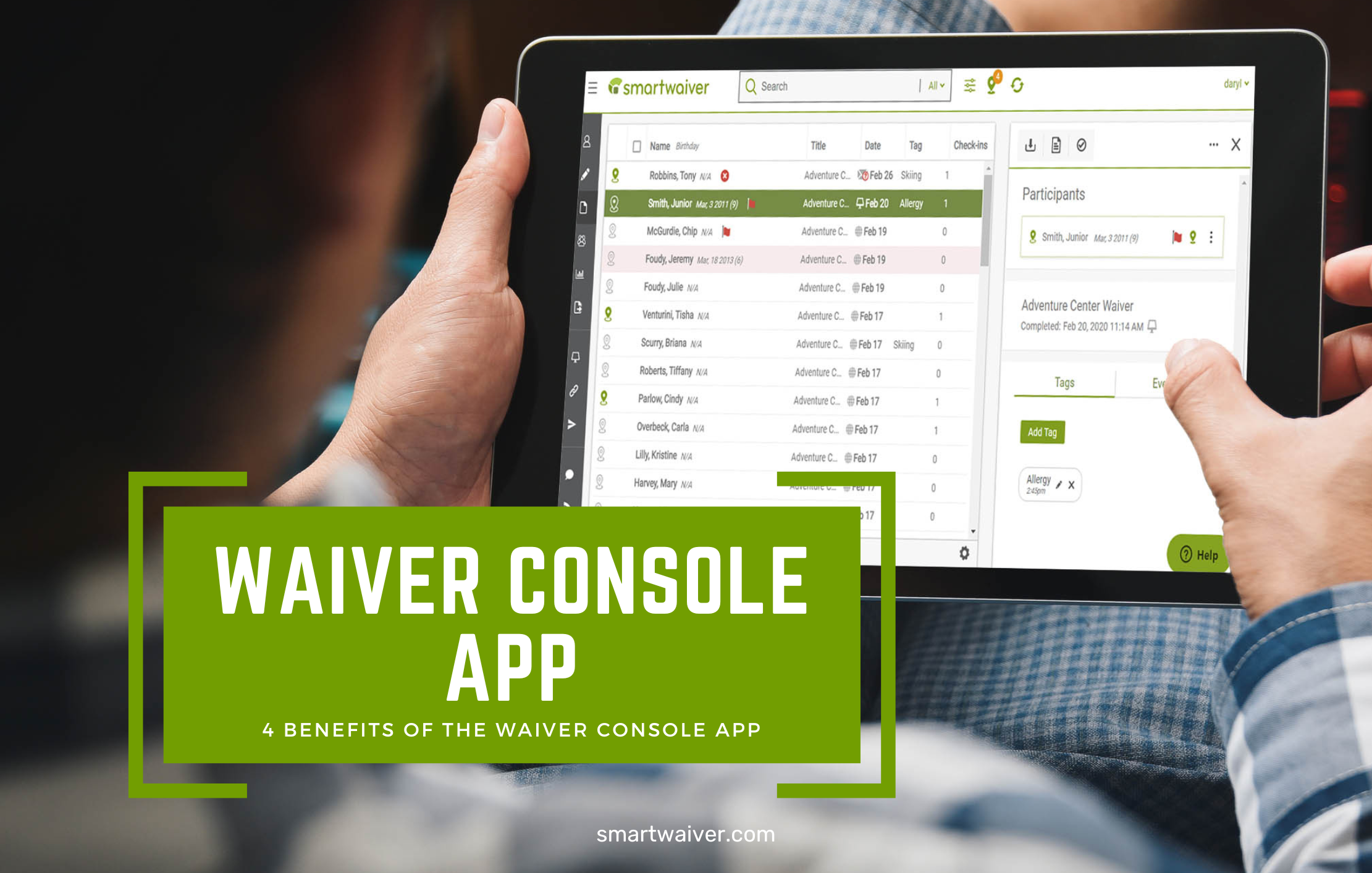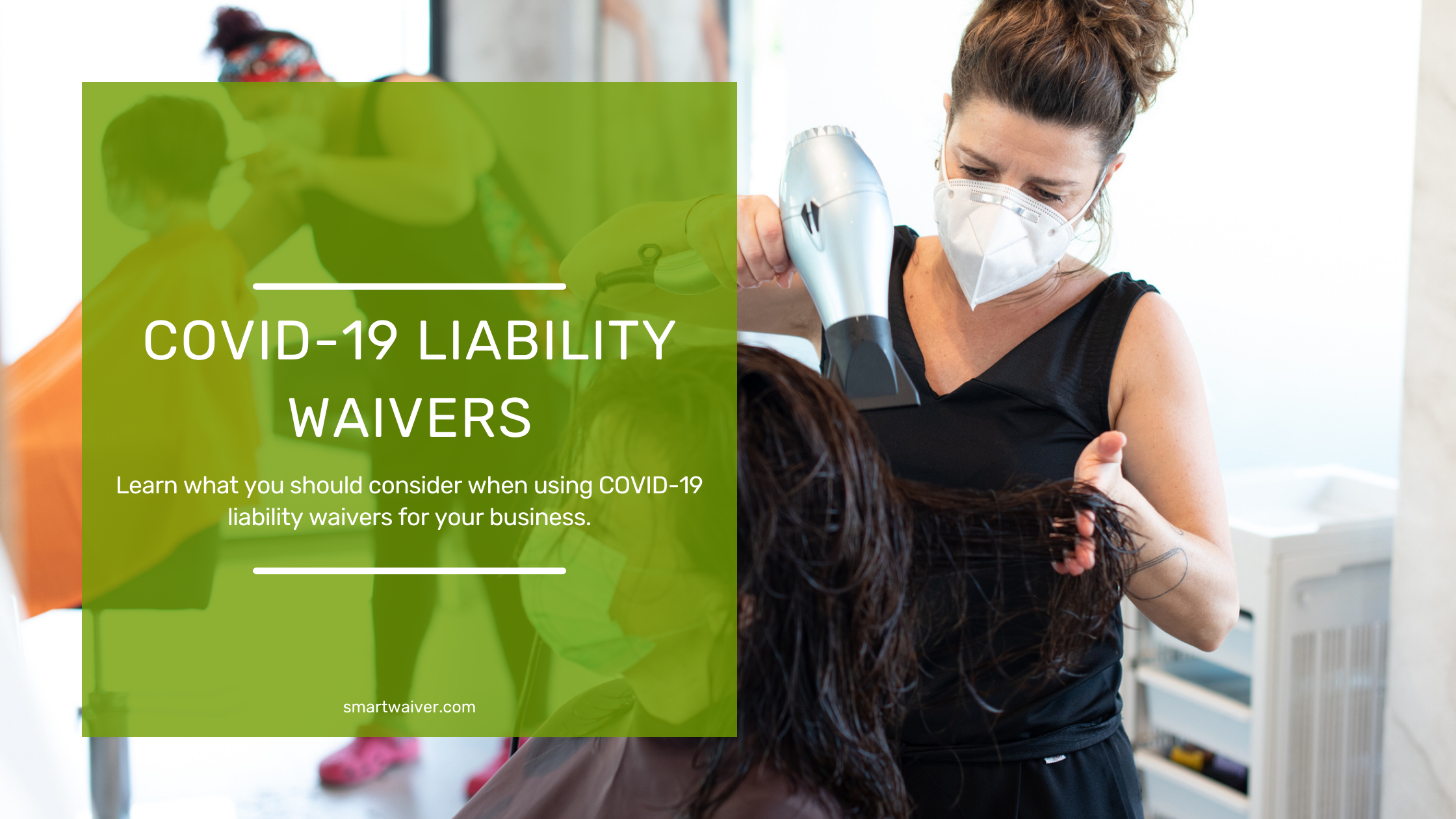
COVID-19 Liability Waivers - What You Should Know
Drafting a COVID-19 Liability Waiver - Things to Consider
After a trying year, many felt a glimmer of optimism as COVID-19 cases declined and businesses worldwide began cautiously reopening their doors. With the rise of the delta variant, COVID continues to present new and unique challenges as many business owners look for ways to offer high-quality services and experiences while ensuring the safety of their guests and staff.
Though public safety is always at the forefront of importance, it's also vital for business owners to protect themselves from the liability that comes with COVID-19.
While COVID-19 liability waivers offer some relief, they may not absolve you completely. If you're considering COVID liability waivers for your business, use the guide below for a few things to keep in mind.
Enforceability
Liability waivers require your guests to absolve your organization of any liability if they're injured while participating in an activity or event. However, a release is only as strong as the language used within it. Because waiver regulations vary by state, what's enforceable in one area may be void in another. Because COVID-19 is a relatively new risk, it's uncertain how the courts will view exposure claims.
Relying on standard language that releases you from liability related to physical injury, illness, or bodily harm may not be specific enough to protect you if a guest becomes sick. John Wolohan, an attorney and professor of sports law at Syracuse University and a lead editor of the book Law for Recreation and Sports Managers, says, "One of the main requirements of a legally enforceable waiver is that it be unambiguous. If the language is not clear, the court may find the waiver void and unenforceable." To make a waiver as clear as possible, organizations must include language in their waivers that expressly states that exposure to COVID-19 is a potential risk.
"One of the main requirements of a legally enforceable waiver is that it be unambiguous. If the language is not clear, the court may find the waiver void and unenforceable."
Drafting a COVID-19 Liability Waiver
While the language you use is essential for ensuring you're covered from a range of incidents, including COVID-19, it's also vital to use concise wording that's easy for patrons to digest. Not only will this reduce ambiguity, but it can also expedite the waiver signing process.
A strong waiver should:
- Use clear and unambiguous language, avoiding legalese when possible.
- Accurately inform guests of all risks, including the highly contagious nature of the virus, possible ways a person can become infected, and risks they take by entering your establishment, without leaving room for doubt or confusion.
- Adhere to state and local requirements.
- Use legal counsel. Consult with an attorney or insurance provider when drafting your waiver. This ensures your language is accurate and enforceable.
Preventing Negligence
While a well-drafted waiver can reduce the risk of liability concerns, business owners should still take precautions to protect their staff and visitors from transmitting the virus. Unlike the original COVID-19 virus, the Delta variant is more infectious, leading to increased transmissibility, even in those who are fully vaccinated. The CDC states that vaccines, masks, and social distancing remain among the most effective ways to reduce transmission. Adhering to these policies can not only decrease the risk of illness but also the likelihood that you're found responsible. Businesses that don't adhere to common safety precautions may be accused of negligence if a guest contracts the virus while visiting their establishment, which may nullify your waiver.
Taking steps to reduce transmission, like providing additional spacing between lines and contactless sign-in options, such as digital liability waivers, QR codes, and online registration, can all help mitigate the spread of COVID-19 in your business. Learn more about the benefit of digital waivers during the pandemic or try it yourself, absolutely free.





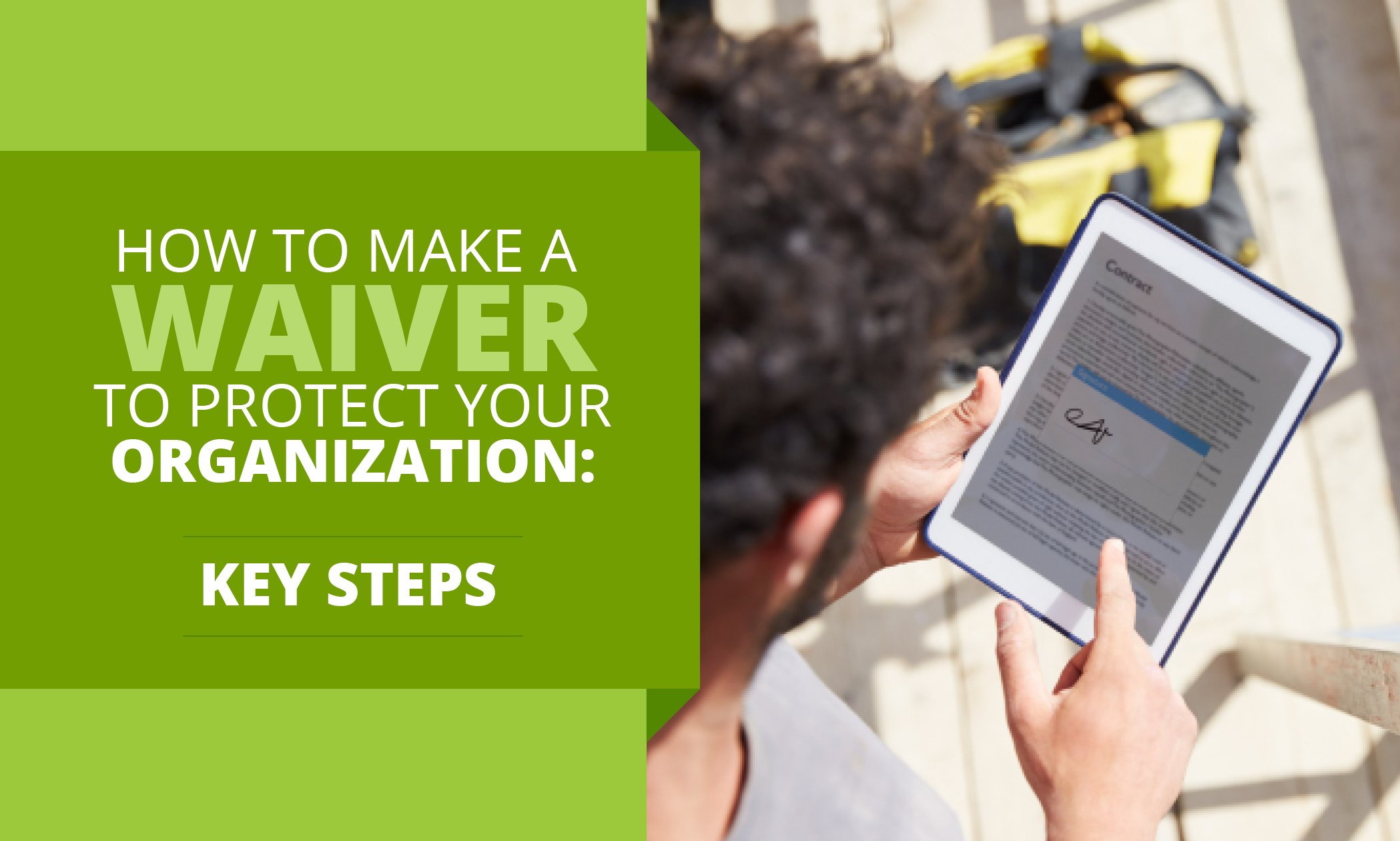
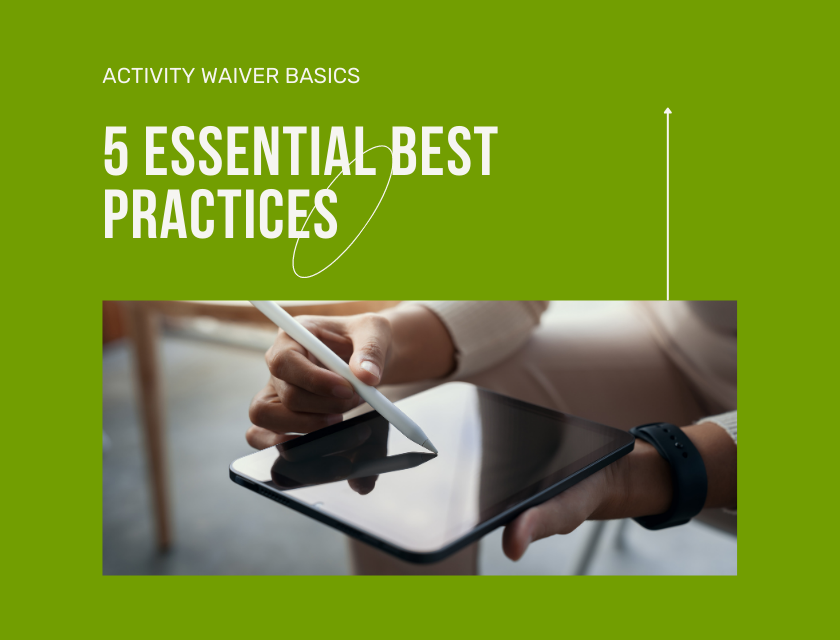
.png)
.png)

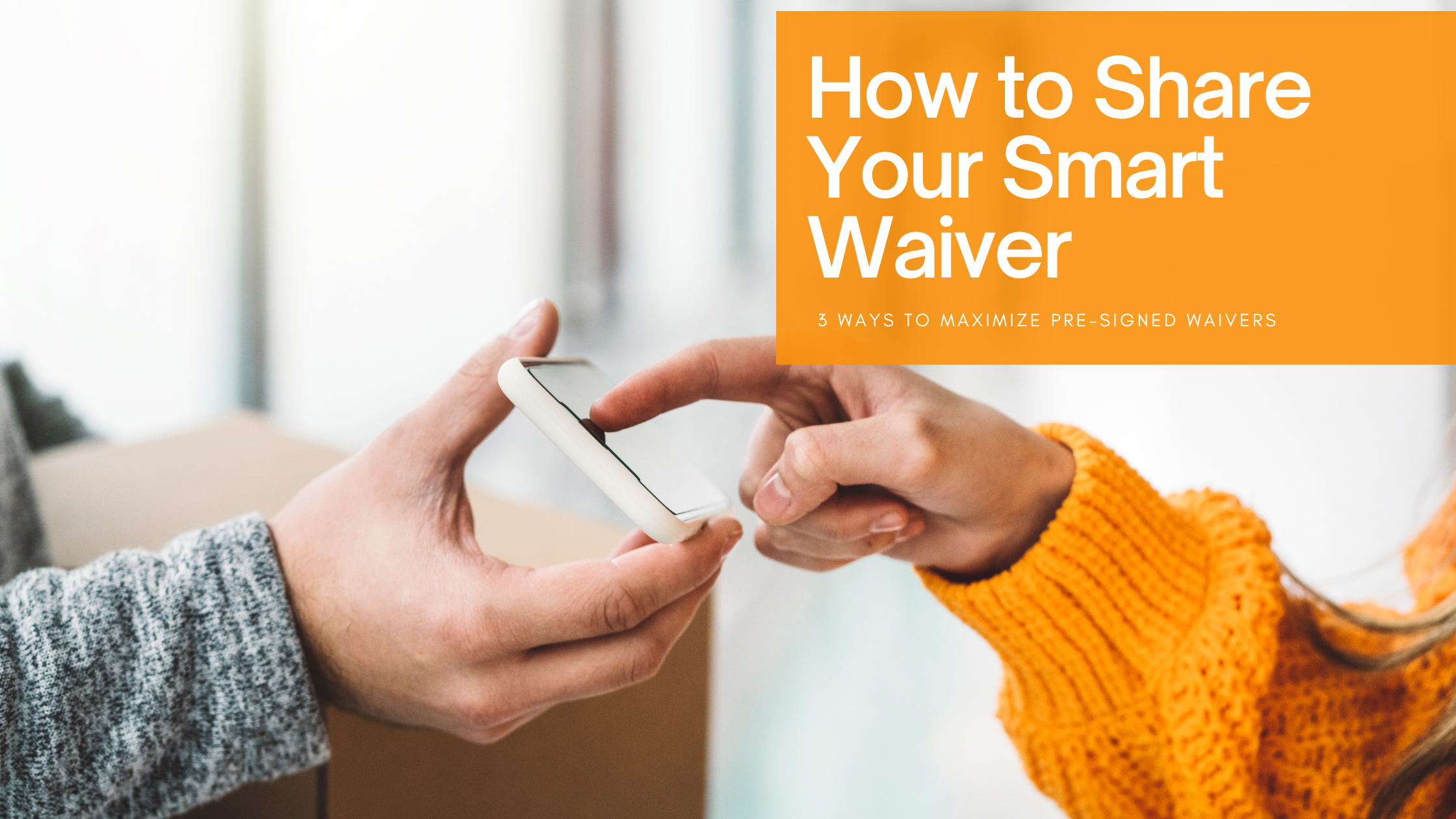

.png)
